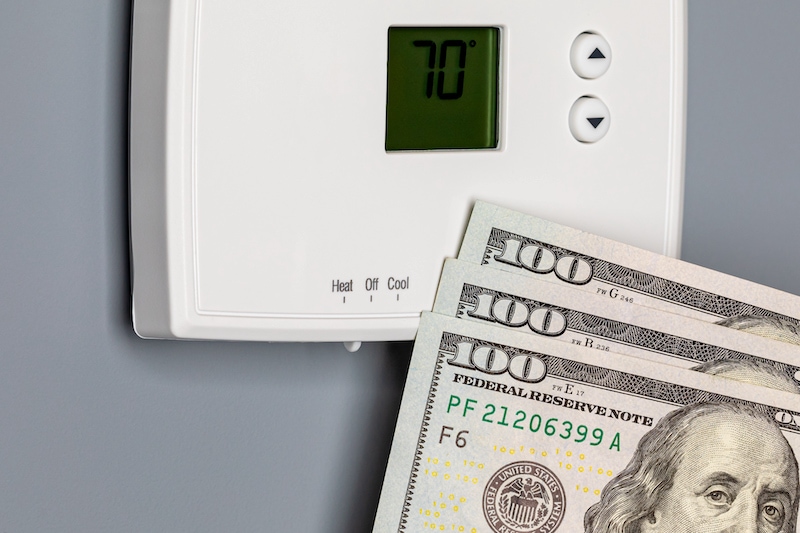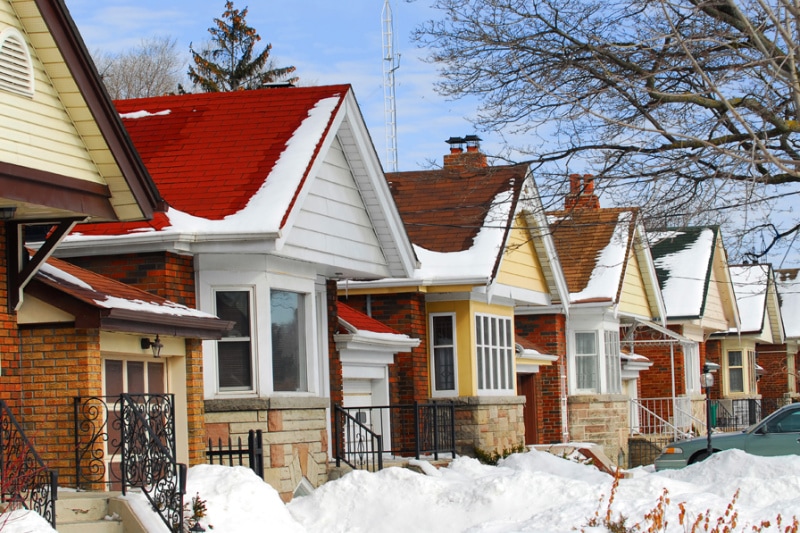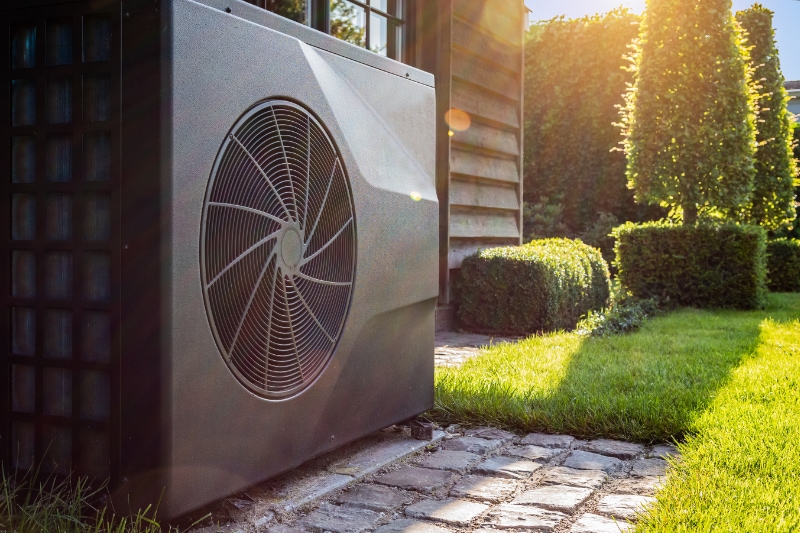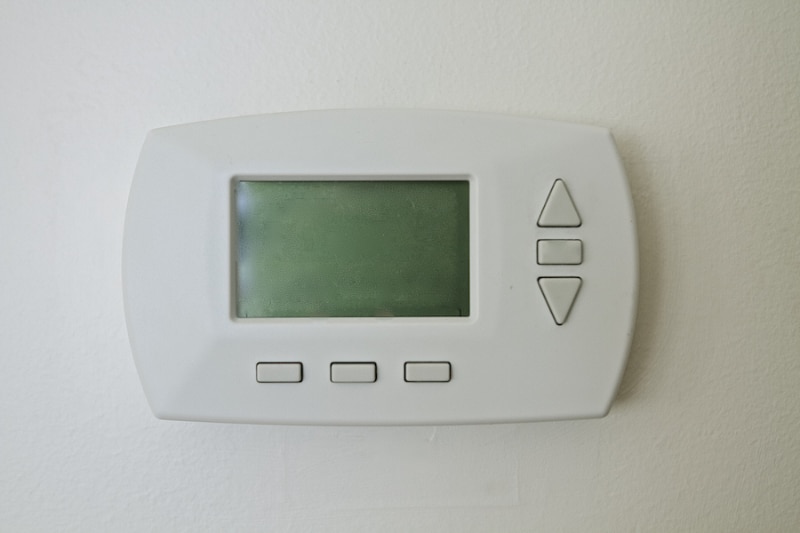News
Our professionals at Murphy’s Plumbing, Heating & Air Conditioning want to provide you with the information to create a healthy, comfortable environment for you and your family. Here is some important information about dehumidifiers and the role they play in your home’s health and comfort.
Continue ReadingOur professionals at Murphy’s Plumbing, Heating & Air Conditioning are here to inform you about home humidification, different systems available, and the benefits they can provide during the winter season.
Continue ReadingWater is dripping from your Broomall home’s faucet—but how serious is the situation? Truthfully, even a little drip could lead to a big problem!
Continue ReadingPurchasing new heating, ventilation, and air conditioning (HVAC) equipment is an investment that pays off through improved comfort and lower energy costs in your Springfield, Broomall or Newtown Square home.
Continue ReadingThe sound of a well-maintained heating, ventilation, and air conditioning (HVAC) system is like a lullaby for a good night’s sleep. If odd sounds, such as banging, squealing, or rattling, from your HVAC system are keeping you up at night, it is time to schedule maintenance and regain a peaceful nighttime environment in your Pennsylvania…
Continue ReadingImagine this winter, sitting in your Springfield home by the fire, looking out the window at the falling snowflakes while sipping your hot cocoa with marshmallows. Life is good. It is good, that is, until you hear the loud rush of water somewhere in your Pennsylvania home.
Continue ReadingNobody wants a problem with their furnace—but even the most efficient systems have to be replaced at some point.
Is the heating, ventilation, and air conditioning (HVAC) system in your Springfield home malfunctioning? If so, be sure to address the issue as soon as possible—doing so can prevent further discomfort and damage.
Continue ReadingOne reason Pennsylvania homeowners love heat pumps is they function as an all-in-one unit. Instead of purchasing and maintaining a separate furnace and air conditioning system, you can simply transition your heat pump from the heat setting to the cooling setting and vice versa as seasons warrant.
Continue ReadingIt is an “Oh no!” moment when you approach your home’s thermostat and see its screen is blank.
Is it serious? Does it mean your furnace, heat pump, or air conditioning is broken? Not necessarily. In fact, most of the time, it is something minor and can be easily fixed.
Continue ReadingIf you are in the market for a new heat pump, efficiency is probably a key factor in your search. The Air Conditioning, Heating, and Refrigeration Institute (AHRI) has a universal ranking system for heating and cooling units that serves to help.
Continue Reading









